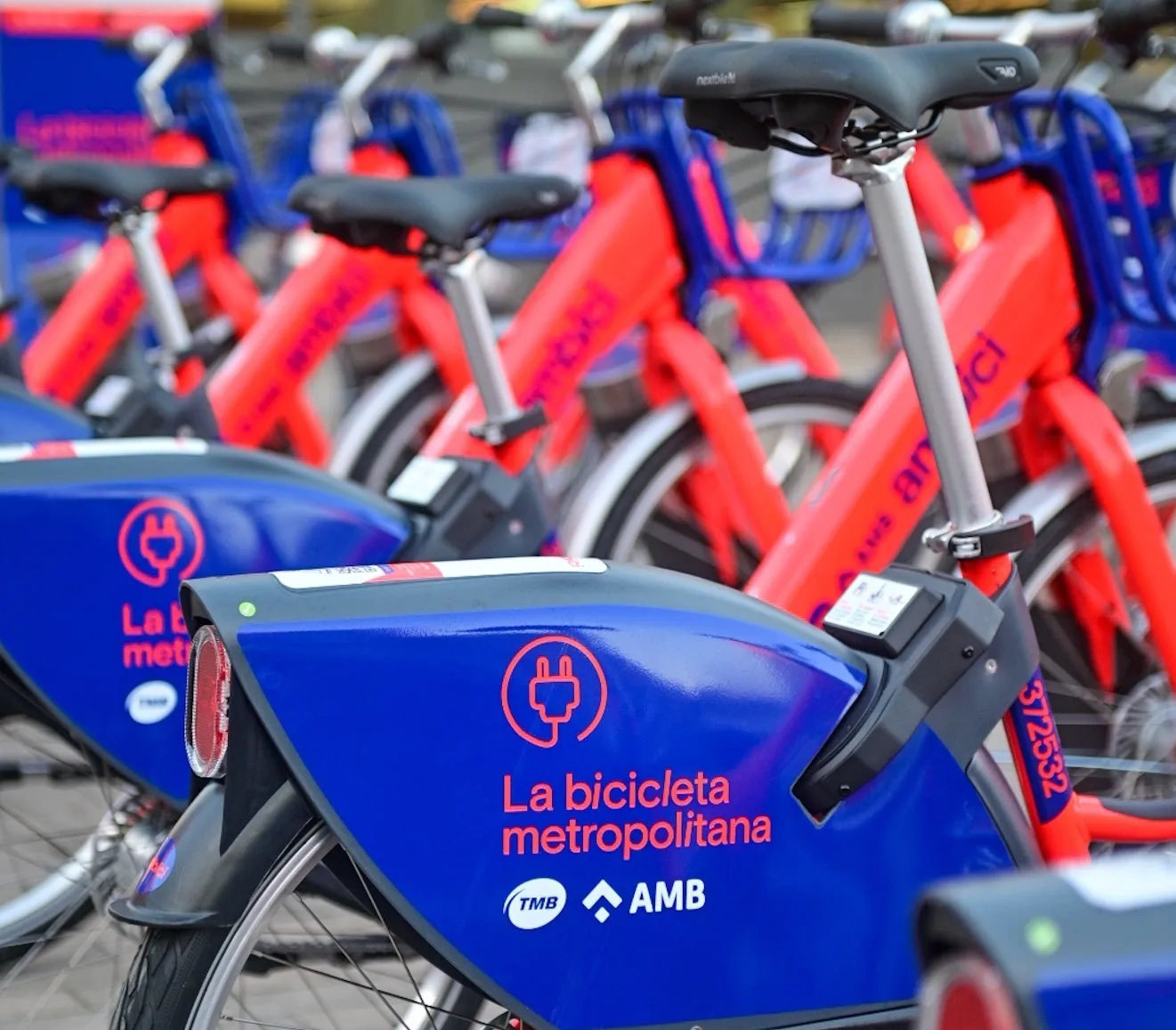
Nextbike by Tier has launched several bike-share schemes in Spain and Poland.
Its eighth system in Spain is with Ambici, the bike-sharing service for the Barcelona metropolitan region, and is set to be Nextbike's largest e-bike programme to date.
Starting with 600 bikes in six municipalities, additional bikes and stations will be added during 2023 The station-based system will eventually include around 2,500 bikes and 220 stations, connecting 15 municipalities, making it one of the most extensive e-bike sharing systems in Europe, the firm says.
The company has launched three other shared push bike and e-bike systems in Spain over the last couple of months: Getxobizi in Getxo, BiciMislata in Mislata and BiciPalma in Palma de Mallorca.
More systems will follow in the Spanish market before the end of the year, including in Bizkaia and Santander.
Elsewhere in Europe, the company has also relaunched its Veturilo 3.0 bike-share scheme in Warsaw, Poland, with more than 3,000 new bicycles - 300 of them are e-bikes - featuring electronic frame locks that can be located via GPS.
There are also 30 tandem bikes which can also be located and rented via the app.
Three hundred fixed stations in the 18 districts of Warsaw have been supplemented by 1,500 virtual stations for renting and returning bikes.
"This gives users a new level of flexibility and makes the sustainable mobility offer particularly easy to access," Nextbike says.
Nextbike is providing the system for the next six years, and has an option to further expand the fleet to 5,500 bikes.










